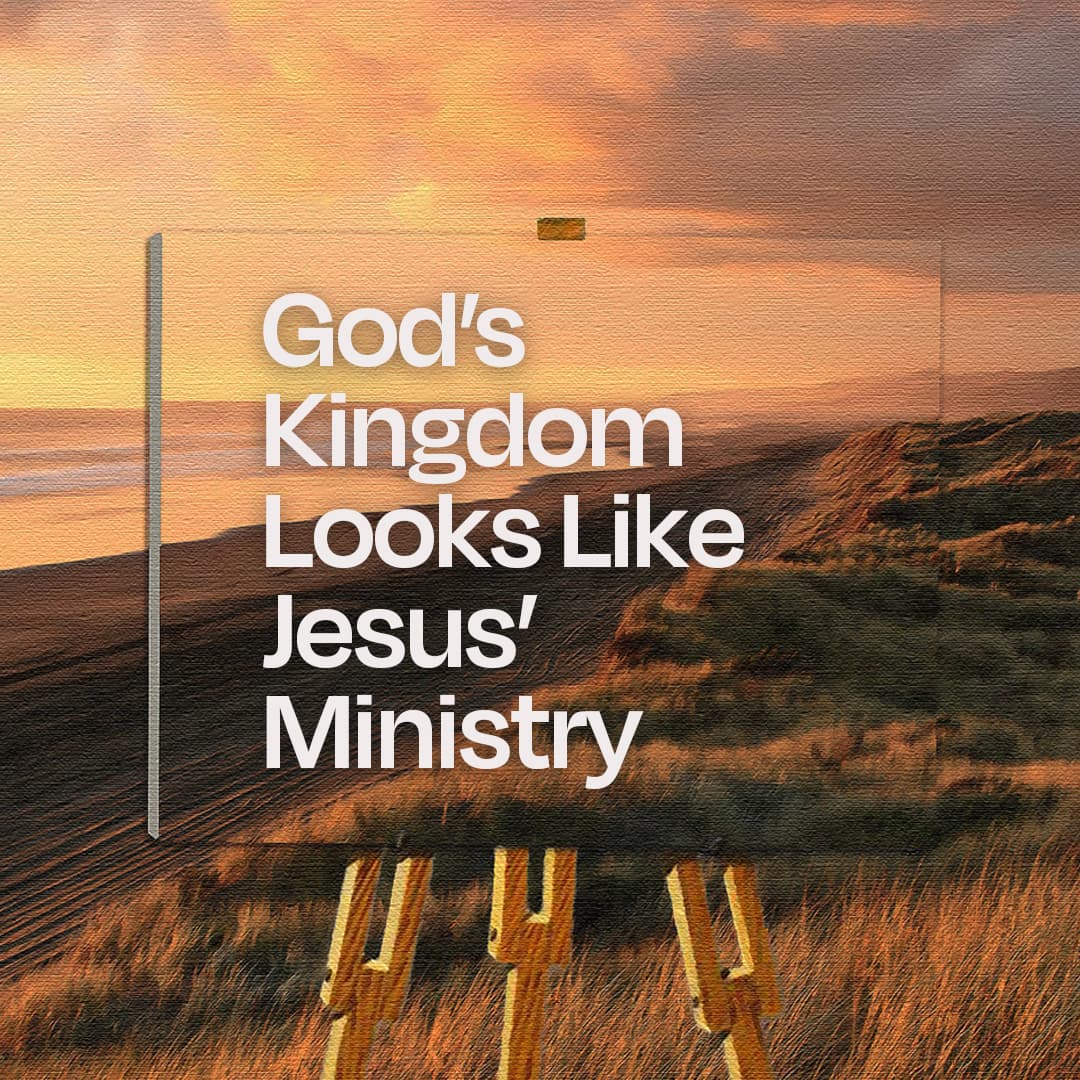
The kingdom of God was the centerpiece of Jesus' teaching, but what exactly does this kingdom look like? Far more than a distant heavenly realm we'll experience after death, God's kingdom is a present reality that Jesus embodied through his revolutionary ministry. When we understand that "God's kingdom looks like Jesus' ministry," we gain a powerful lens for discipleship today.
Jesus didn't just announce God's kingdom theoretically—he demonstrated it tangibly. He healed the sick, fed the hungry, forgave sins, welcomed outcasts, and consistently challenged systems of oppression. These weren't merely nice religious acts; they were disruptive to the social, economic, and political structures of his day. They revealed an alternative kingdom that upended hierarchies and offered liberation to the marginalized.
This paradigm challenges our tendency to spiritualize Jesus' message while ignoring its real-world implications. It also confronts our modern habit of filtering Jesus through our political preferences rather than allowing his life and teaching to shape our politics. God's kingdom is political—in that it addresses power structures and systems of injustice—but it's not partisan. It doesn't fit neatly into our contemporary political categories.
As disciples today, we're called to continue embodying this kingdom through both individual transformation and community action. Rather than outsourcing kingdom work to political parties or getting entangled in partisan debates, we can unite around Jesus' vision by becoming students of his way, creating spaces for mature dialogue across differences, and actively participating in kingdom work through our local communities.
What might happen if we truly let Jesus' ministry—not our political ideologies or cultural preferences—define what God's kingdom looks like? Join us as we explore this conviction that shaped Jesus' life and can transform ours as well.